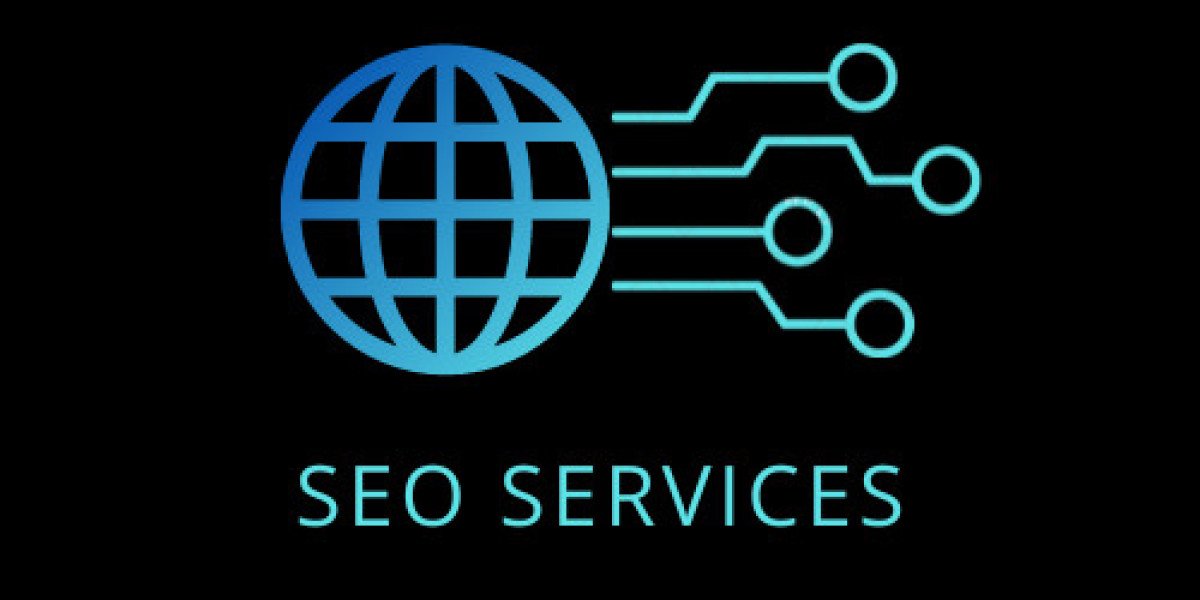In a competitive and continuously changing economic world, Dubai has evolved as a global center for innovation, making it a perfect place for companies wishing to use the potential of software solutions. However, software development in Dubai need a particular strategy that takes into account local market demands, legal restrictions, and cultural factors. Businesses that concentrate on these factors may succeed in Dubai's expanding economy while also meeting the increased demands of a tech-savvy client base.
Understanding Dubai's Regulatory Landscape for Software Development
Navigating Dubai’s regulatory landscape is essential for successful software development. The government emphasizes data privacy, cybersecurity, and compliance with local and international standards.
Data Privacy and Protection Laws: Dubai businesses must adhere to strict data privacy regulations, particularly under the UAE’s Personal Data Protection Law. Ensuring compliance requires embedding privacy features within the software and maintaining user consent records.
Cybersecurity Regulations: Dubai is highly committed to cybersecurity. mobile app Developers in dubai must follow cybersecurity guidelines from the Dubai Electronic Security Center, especially when dealing with sensitive financial or personal information.
Licensing Requirements: Software solutions in Dubai may require specific licenses based on the industry. For example, healthcare, fintech, and e-commerce platforms face additional licensing standards to ensure user protection and transaction security.
Localization: Adapting Software for Dubai’s Market
Dubai’s population is diverse, with both locals and expatriates. Tailoring software to meet the linguistic, cultural, and practical needs of this market can significantly improve user engagement.
Language Options: Software should support both Arabic and English to cater to local and expatriate users. Arabic language features must adhere to proper structure and grammar, accommodating right-to-left orientation.
Cultural Relevance: Incorporating culturally relevant imagery, terminology, and interactions helps create a user experience that resonates with Dubai’s audience. For instance, integrating features to observe local customs, holidays, and special dates can enhance user satisfaction.
Payment Integration: Offering payment gateways popular in Dubai, such as Apple Pay, Google Pay, and local credit cards, will streamline the user experience for e-commerce and service-based applications.
Selecting the Right Technology Stack
Choosing the ideal technology stack is crucial to ensure scalability, security, and functionality in the Dubai market.
Front-End and Back-End Solutions: A stack that combines popular front-end technologies like React or Angular with robust back-end solutions like Node.js or Django can create a responsive, scalable application.
Cloud Integration: With cloud adoption rapidly growing in Dubai, businesses benefit from integrating cloud services like AWS, Azure, or GCP, which can enhance data storage, performance, and reliability.
Scalability for Growing Demand: Dubai’s business environment is growth-focused. Software should be built to accommodate increasing data, transactions, and user base, especially in high-demand sectors like e-commerce and logistics.
Agile Development to Meet Market Expectations
Adopting an Agile methodology can enhance responsiveness to Dubai’s dynamic market requirements.
Iterative Approach: By dividing development into sprints, teams can adapt to changing requirements without extensive delays.
Customer-Centric Development: Agile facilitates frequent user testing and feedback, helping software better align with Dubai’s consumer expectations and enhancing user retention.
Quality Assurance: Agile testing cycles ensure that the software adheres to Dubai’s high standards for functionality and reliability, addressing potential issues early on.
Optimizing for Mobile-First Usage
Dubai’s high smartphone penetration makes mobile optimization essential for user engagement.
Responsive Design: Ensuring that web applications work seamlessly on mobile devices is critical. Using a mobile-first design strategy helps capture Dubai’s on-the-go users effectively.
Progressive Web Apps (PWAs): PWAs combine the best of web and mobile applications, providing a smooth user experience with offline capabilities, which can increase engagement for Dubai’s tech-savvy audience.
Performance Optimization: Dubai users expect fast-loading applications. Tools like Google Lighthouse can help optimize load times, ensuring content loads quickly even on limited bandwidth.
Adopting AI and Machine Learning for Dubai’s Market
Artificial intelligence and machine learning can unlock powerful insights and personalized user experiences for Dubai’s forward-looking market.
Predictive Analytics: Integrating machine learning allows software to predict user behavior and optimize content delivery, enhancing engagement.
Personalization: AI-driven personalization features can tailor recommendations based on user history and preferences, creating a customized experience aligned with Dubai’s consumer expectations.
Automation for Operational Efficiency: Automating workflows and tasks can improve efficiency, particularly for industries like retail and logistics that demand streamlined operations.
Ensuring High-Level Security and Data Protection
Given Dubai’s cybersecurity focus, data protection is a primary consideration in software development.
Data Encryption: Encrypting data at rest and in transit can protect sensitive information from breaches and unauthorized access.
Multi-Factor Authentication (MFA): Implementing MFA adds a critical layer of security, helping protect user accounts and sensitive information.
Regular Security Audits: Conducting periodic security audits allows businesses to identify vulnerabilities and strengthen software defenses against potential threats.
Focusing on User Experience and Interface Design
In a market that values aesthetics and ease of use, designing an intuitive user interface is paramount.
Minimalist, Clean Design: Prioritizing simplicity and functionality enhances usability and reduces cognitive load.
Accessible Features: Incorporating accessibility options ensures that the software is inclusive and compliant with Dubai’s accessibility guidelines.
User Feedback Mechanisms: Including features that capture user feedback can help refine the software, ensuring it continuously meets user expectations and enhances satisfaction.
Conclusion
Building software for Dubai's unique business context takes more than simply development skills; it also necessitates an awareness of legal compliance, cultural relevance, technical concerns, and a focus on user experience. By embracing these characteristics, firms may develop software solutions that survive in Dubai's competitive and technologically advanced market, assuring long-term success.








